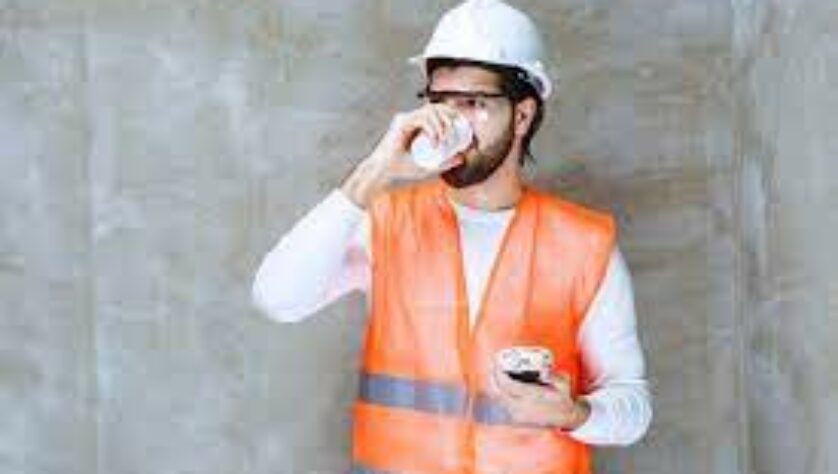Unlocking Workers’ Compensation for COVID-19: 2023 Guide
Amidst the ongoing impact of the coronavirus on daily life in the United States, companies continue to navigate the complexities of remote work while some employees are still required to report to work, leading to an increase in job-related COVID-19 cases. If you’ve been diagnosed with COVID-19, understanding the intersection of workers’ compensation and the virus is crucial. Here’s what you need to know in 2023, including new data and key facts.
10 Essential Facts about Workers’ Compensation and Coronavirus (COVID-19)
1. Job-Related Illness or Injury Requirement:
Eligibility for workers’ compensation necessitates proving that your illness is work-related. Simply missing work due to COVID-19 doesn’t automatically qualify you for benefits; the illness must be contracted on the job.
2. Diverse Work Environments Count:
Getting sick at your usual workplace isn’t the only qualifier. Workers’ compensation can apply if you contract the virus while on work-related activities like travel, client visits, conferences, or attending work-related events.
3. No Fault System:
Employers don’t need to be at fault for an employee to claim benefits. The no-fault system means you can file for workers’ compensation even if your employer has followed recommended guidelines.
4. Exceptions for Employee Lawsuits:
While most job-related illnesses are covered by workers’ compensation, exceptions exist. Gross negligence by the employer might warrant a lawsuit, providing full compensation beyond what workers’ compensation offers.
5. Coverage for Most Employees:
Various employee categories are generally eligible, including construction workers, emergency responders, healthcare personnel, news and media employees, teachers, and more. Specific state laws and standards may apply.
6. Independent Contractors’ Options:
Independent contractors, typically ineligible for workers’ compensation, may have grounds to sue for work-related COVID-19 diagnoses based on negligence.
7. Proving Work-Related Diagnosis:
Proving that COVID-19 is work-related can be challenging due to the virus’s incubation period. Seeking legal advice is crucial for those facing serious and long-term consequences.
8. Protecting Health and Legal Rights:
Workers diagnosed with COVID-19 should promptly consult a doctor, follow medical advice, and seek legal counsel knowledgeable about workers’ compensation and coronavirus.
9. Death Benefits for Families:
In the unfortunate event of a loved one’s death due to COVID-19, workers’ compensation provides death benefits. Consulting with a lawyer is essential to secure just compensation for grieving families.
10. Professional Help is Paramount:
With ongoing risks and concerns related to COVID-19, seeking professional help promptly is crucial. Don’t hesitate to consult a doctor for symptoms or a lawyer for workers’ compensation and coronavirus-related legal issues.
2023 Update: Continuing Risks and Benefits
As vaccines mitigate the spread of COVID-19, workers still face exposure risks due to their jobs. Vaccines provide significant protection, but not 100%, and those who are unvaccinated or unable to get vaccinated remain at risk.
In 2023, workers who contract COVID-19 on the job may still be eligible for workers’ compensation benefits in many states. Federal employees, under the American Rescue Plan Act of 2021, find it easier to file claims under the Federal Employees’ Compensation Act (FECA).
If you’ve been diagnosed with COVID-19 in 2023 and believe it’s work-related, consult a lawyer to understand your legal rights. State laws vary, and a local lawyer can guide you through the process of securing benefits, ensuring you navigate the challenges effectively.






